Foreign exchange, forex, or FX is simply the conversion of one country’s currency to another. The value of a country’s currency is dependent on the laws of demand and supply in a free economy. Essentially, you can peg a currency’s value to another country’s currency, like the U.S. dollar. Sometimes, the government may also set a country’s currency value. On the contrary, many countries float their currencies freely against those of other countries, and that keeps them in constant fluctuation.
Changes in exchange rates have a macroeconomic effect on a country’s economy. As a result, countries must think about the best foreign exchange policies to adapt. This is because exchange rate policies come in a wide range of different forms.
In this post, we’ll discuss what FX is, explain what an FX policy is, and share insights on FX policies you didn’t know about. Keep reading.
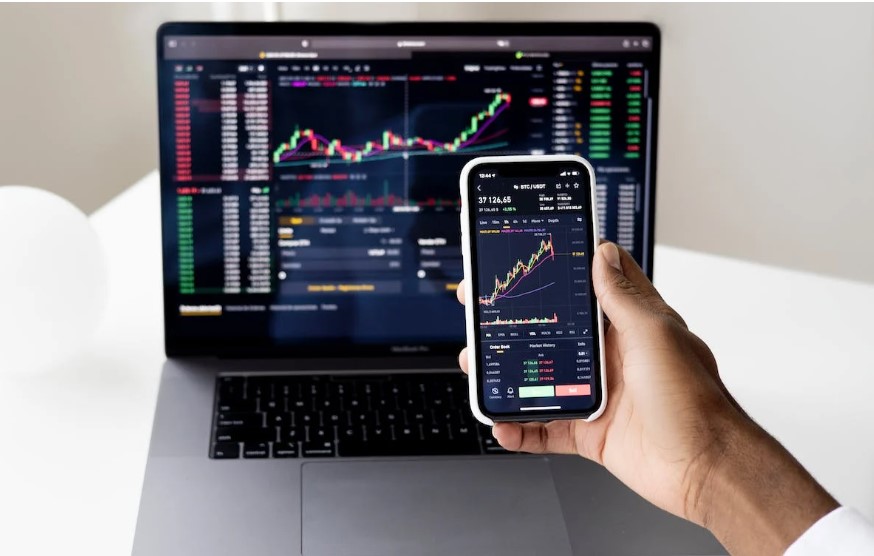
What is foreign exchange?
Foreign exchange (Forex or FX) is the conversion of one currency into another at a specific rate known as the foreign exchange rate. The conversion rates for almost all currencies are constantly floating as they are driven by the market forces of supply and demand.
The most traded currencies in the world are the United States dollar, Euro, Japanese yen, British pound, and Australian dollar. The US dollar remains the key currency, accounting for more than 87% of the total daily value traded.
What is FX Policy?
The exchange rate policy simply refers to how a country manages its currency with respect to foreign currencies and the foreign exchange market. Likewise, the exchange rate is the rate at which the domestic currency can be converted into a foreign currency. This in turn affects the costs of domestic production and finance relative to foreign products and capital. In formulating an exchange rate policy, a country must find a balance between several differing, and sometimes conflicting, objectives. For instance, the most important consideration should be the use of the exchange rate to promote the competitiveness of domestically produced goods. Additionally, countries need to consider the implications for the international purchasing power of the currency. Finally, the impact of changes in the exchange rate on domestic inflation should be carefully scrutinized.
Some FX Policies You Didn’t Know About
A country may adopt any of a variety of exchange rate regimes depending on what its economic needs are. The following are a few of the major FX policies countries use.
Floating Exchange Rates
A floating exchange rate is any policy allowing the foreign exchange market to set the exchange rates. For instance, the U.S. dollar has a floating exchange rate, just like the currencies of about 40% of the countries in the world economy. The major concern with this policy is that exchange rates can move a great deal in a very short time.
However, movements in floating exchange rates have advantages too. If an economy experiences strong inflows or outflows of international financial capital, then it makes economic sense for the exchange rate to shift as well. Advocates of floating exchange rates admit that, yes, exchange rates may sometimes fluctuate. They point out, however, that if a central bank puts certain measures in place, then exchange rates will have less reason to vary. One such measure is focusing on preventing either high inflation or a deep recession with low and reasonably steady interest rates.
Soft Pegs and Hard Pegs
A peg occurs when a government intervenes in the foreign exchange market so that the exchange rate of its currency varies from what the market would have produced. A soft peg refers to an exchange rate policy where the government usually allows the market to set an exchange rate. However, the central bank intervenes in certain cases, like when the exchange rate is rushing in one direction.
Alternatively, with a hard peg exchange rate policy, the central bank sets a fixed and unchanging value for the exchange rate. Both a soft peg and a hard peg policy require that the central bank intervene in the foreign exchange market. However, the hard peg policy aims to preserve a fixed exchange rate at all times. A soft peg policy typically allows the exchange rate to move up and down by relatively small amounts in the short run. A central bank can implement soft peg and hard peg policies.
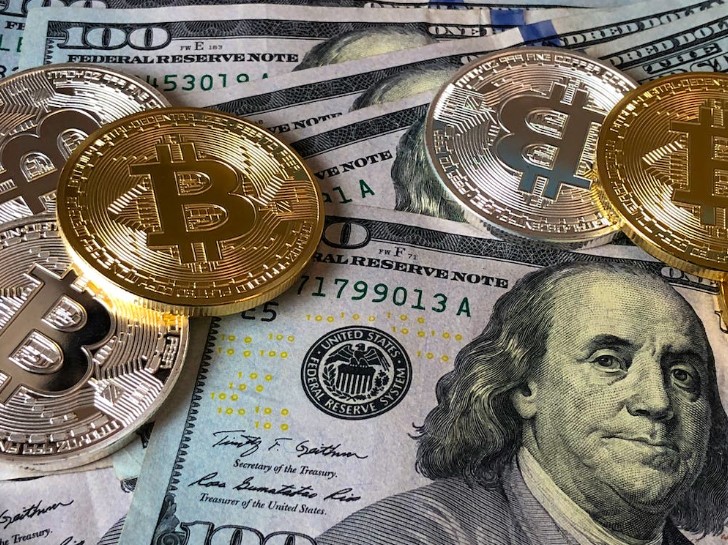
Merged Currency
Another approach to exchange rate policy is for a nation to choose a common currency shared with one or more nations. This is referred to as a merged currency. A merged currency approach eliminates foreign exchange risk. For example, no one worries about exchange rate movements when buying and selling between New York and California. Likewise, Europeans know that the value of the euro will be the same in Germany, France, and other European nations that have adopted the euro.
Ultimately, the lines between these different exchange rate policies can blend into one another. For example, a soft peg exchange rate policy where the government rarely intervenes in the exchange rate market will look a great deal like a floating exchange rate. Conversely, a soft peg policy in which the government intervenes often to keep the exchange rate near a specific level will look a lot like a hard peg. Merging currencies with another country is, in effect, a decision to have a permanently fixed exchange rate with those countries. This looks very much like a hard exchange rate peg policy.
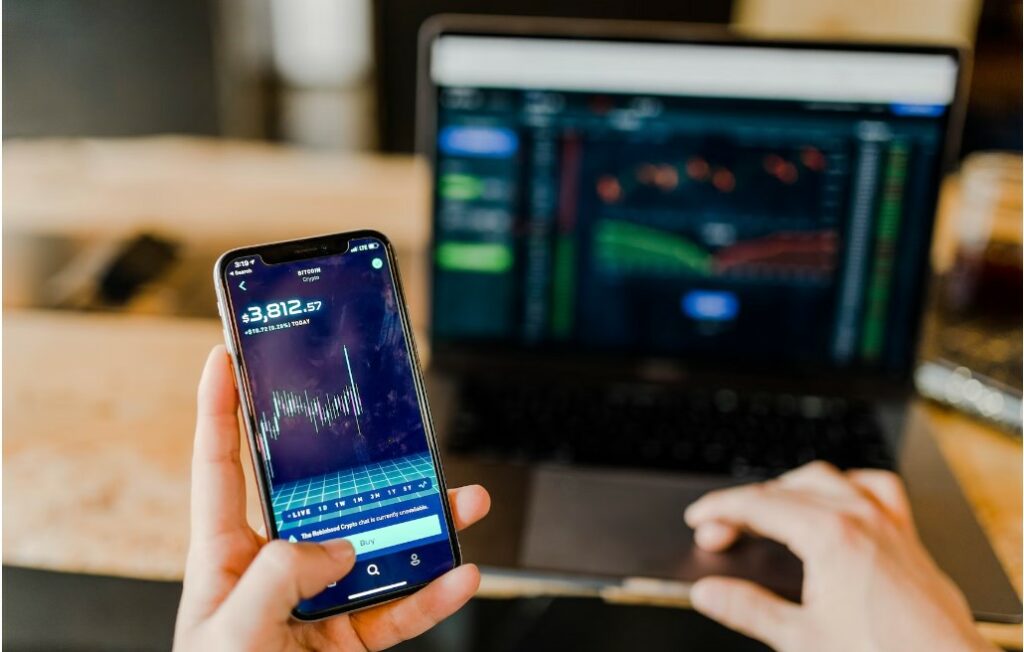
Takeaway
Foreign exchange is a very important aspect of a country’s economy. This is because it can determine the value of a country’s currency at different times. Hence, countries must have a good grasp of foreign exchange policies. This is because the exchange policy that a country adopts will have a huge effect on the stability of the country’s currency.
Remember that the forex market does not only involve a simple conversion of one currency to another. Large transactions in the forex markets usually involve a wide array of financial tools.
If you want the best platform to stay updated on current foreign exchange trends, look no further than Changera. Changera is a leading fintech company that aims to improve international money transfers globally. With Changera, you have access to multiple currency wallets, which allows you to exchange currency swiftly and effectively at affordable fees.
Want to start converting currencies easily? Download the Changera mobile app on the Google Play Store or the App Store today to get started.



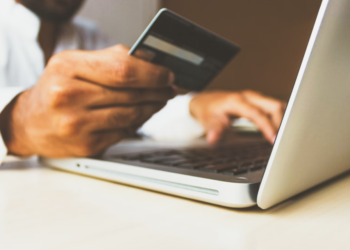

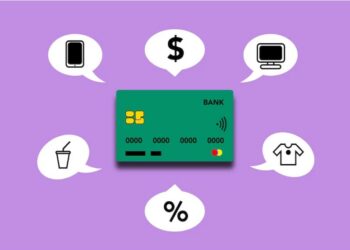

Discussion about this post